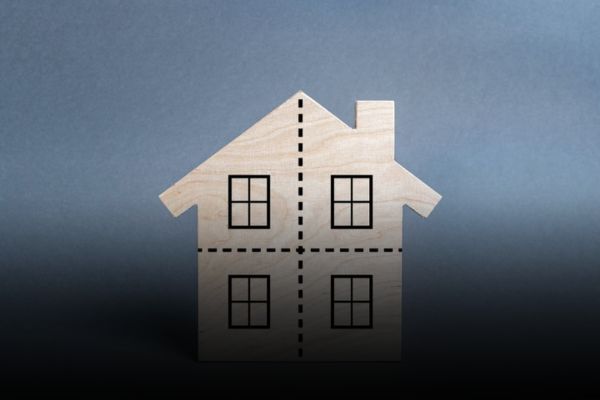Building Disputes
Even where building work happens according to plan and within budget, which we all know never happens, it is a stressful event. There are so many things that could go wrong. The workmanship might not be up to par, or things might be progressing too slowly. Sometimes the person who is supposed to finish the job just doesn’t show up. Often people disagree about costs or changes.
Whatever the cause of your woes, you should have Gillis Delaney by your side when things go wrong.
How we can help
Obviously, first priority for us is to get involved right from the get-go before things go wrong. Helping you draw up a fair contract in negotiation with all the parties ensures that the contract is suited to everyone’s needs.
We are, however, aware that this is not how the real world works. Gillis Delaney experts are ready to step in whenever you need us to.
Our areas of expertise in relation to building dispute law include:
Should you end up at The NSW Civil and Administrative Tribunal (NCAT) or in Court, our years of experience in building disputes positions us perfectly to help you: whether you are the homeowner or the builder, bringing a claim or defending a claim.
Resolving building disputes
- Our aim is always to resolve any dispute as quickly and cost-effectively as possible. The best way to achieve this is for the parties to reach an agreement. And as Fair Trading NSW suggests, the best way to achieve this is by talking to each other and following up with something in writing.
- If this does not work, a complaint to Fair Trading is next. If the claim involves defective building works this can result in a rectification order being made by Fair Trading.
- If the claim cannot be resolved by Fair Trading it is off to the NSW Civil and Administrative Tribunal (NCAT). This tribunal manages claims in an informal way with the tribunal members looking to control disputes blowing out and deliver the earliest possible outcome. Whilst evidence has to be prepared it is prepared in a more informal way and the proceedings also involve settlement conferences where parties are brought together and encouraged to resolve matters. If claims cannot be resolved by negotiation they proceed to hearing before a tribunal member. If a matter proceeds to hearing it is often necessary to give evidence before the tribunal member.
- In larger claims it may be necessary to commence proceedings in the District or Supreme Court where the value of the claim is above the jurisdiction of NCAT and we have experts that can manage construction disputes in the District and Supreme Court.
Speak with one of our Building Disputes experts today!
No posts

